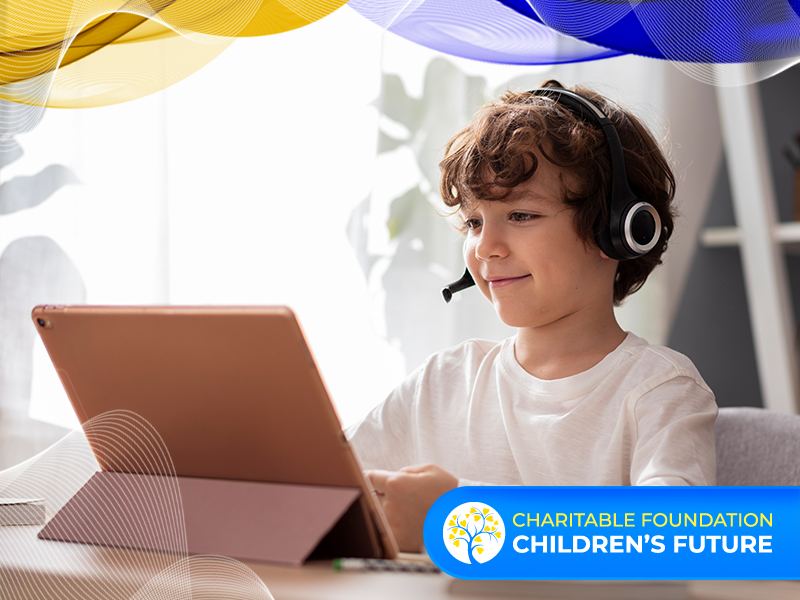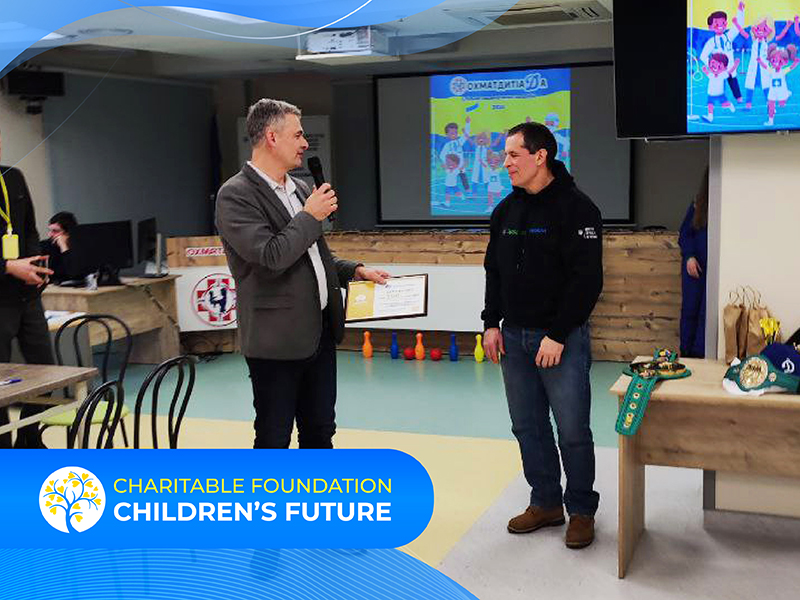Students can achieve better academic success when their family and friends take an interest in their school life. Children who have suffered from war particularly need support and assistance. Sincere conversations, addressing urgent needs together, and discussing future plans will have a positive impact. Often, the more support a student feels at home, the more diligently they acquire new knowledge. Helping children affected by war does not require immense efforts; each of us can contribute simply by showing care.
Family Engagement in School Life
Assistance for children affected by war should involve encouraging and acknowledging the achievements of the student. Regardless of the size of the successes, genuine praise significantly boosts the child's self-confidence. Families should also instill basic skills of independence and time management in children. Share tips with the student on how to better organize their day so that school responsibilities and homework are not a source of trouble but rather engaging and productive.
Be realistic and avoid pressuring the child with high expectations. Helping children affected by war also involves understanding and tolerance. Allow the student to develop at their own pace, but if there are problems or significant gaps in knowledge, talk to the teacher.
Support for children affected by war is much more effective when the family provides guidance rather than criticism. Replace phrases like "You made a mistake" or "You don't understand anything" with a gentler form: "It seems like things didn't go as expected." This helps the child not fixate on failures, avoiding feelings of inadequacy, and encourages active problem-solving, skill improvement, and a strive for success.
Learn as much as possible about the school life of children affected by war. Show interest in what they are studying, who they are interacting with, and what interests they have. Active family participation demonstrates that relatives care about the child's education and are always ready to help.
Family Interest in Extracurricular Activities
Education is more than just mathematics, Ukrainian language, or natural sciences. All children, including those affected by war, have additional talents. Perhaps your student has an aptitude for sports, arts, music, or computer science? The family's task is to help the child showcase themselves in many other areas and boost their confidence:
● encourage children to join extracurricular clubs or events;
● repeatedly express pride in the child and their achievements;
● don't hesitate to share the child's hobbies with others: family, friends, acquaintances;
● talk to the child affected by war about their future, work, plans, and dreams;
● ask the student to help you with what they excel at: explain an english language rule, demonstrate a ball trick, teach drawing, etc.;
● help the child affected by war find someone to look up to: a relative, friend, or celebrity.
Assistance from Friends and Acquaintances
Assistance for children affected by war is not limited to the family circle; friendship with peers also matters. Companions can be a real support during challenging times. Genuine
communication, games, entertainment, and various joint activities are significant help, providing children with comfort and restoring their faith in the world around them.
Friends can understand a child affected by war, even if they haven't experienced the same. They bring positivity and offer companionship in difficult situations, which is equally important. Peer support reduces feelings of loneliness and stabilizes the emotional state of the child. Friendship also encourages maintaining hope for the future. When a child sees that their peers believe in and support them, it provides encouragement, strengthens motivation, and fosters resilience.
Support That Everyone Can Provide
War leaves destruction and suffering, especially for children. However, in this chaos, empathy comes to the rescue – the ability to empathize, understand the feelings and needs of others. Remember this and support those who have suffered the most and need special assistance.

















